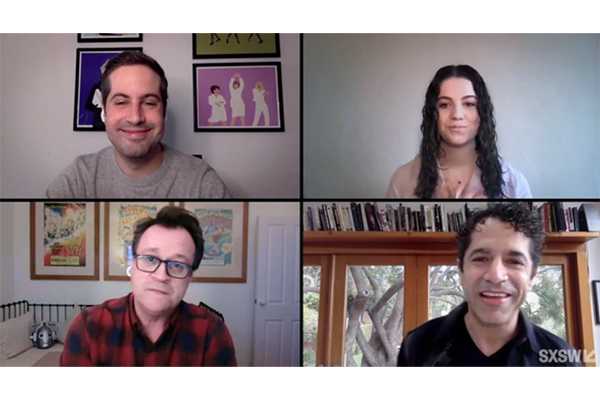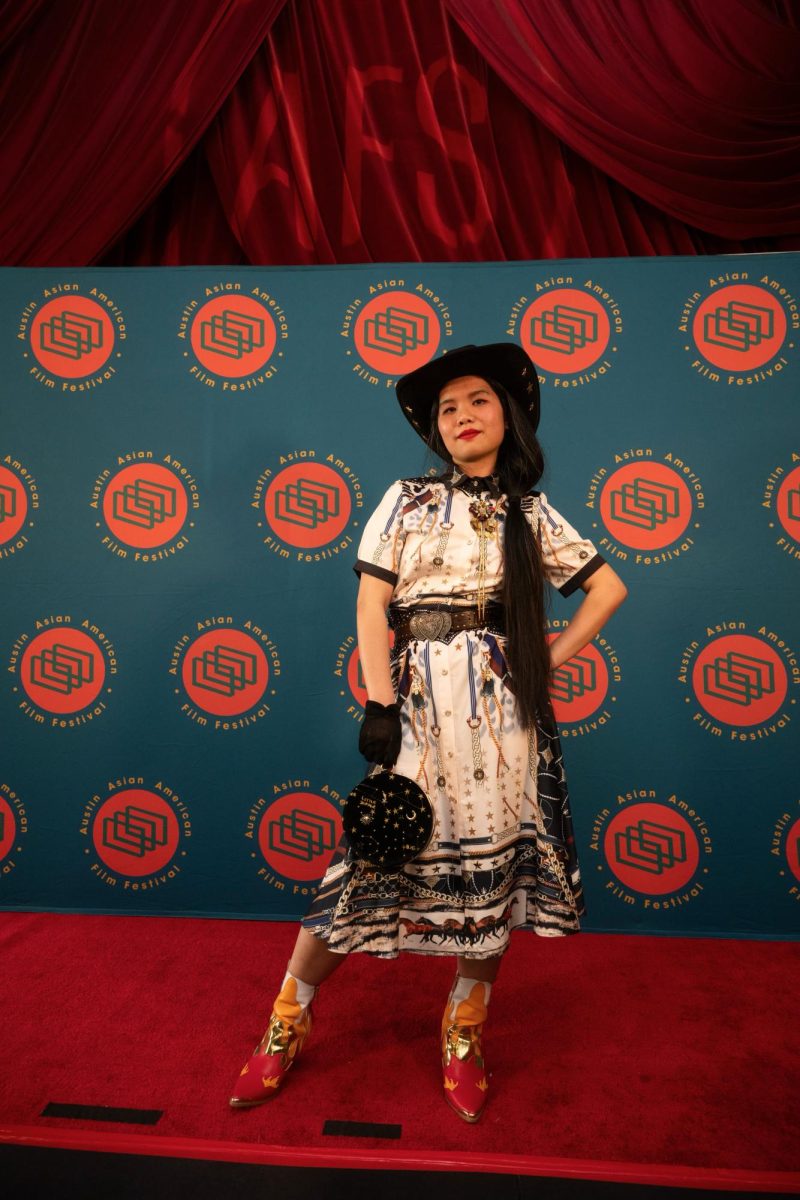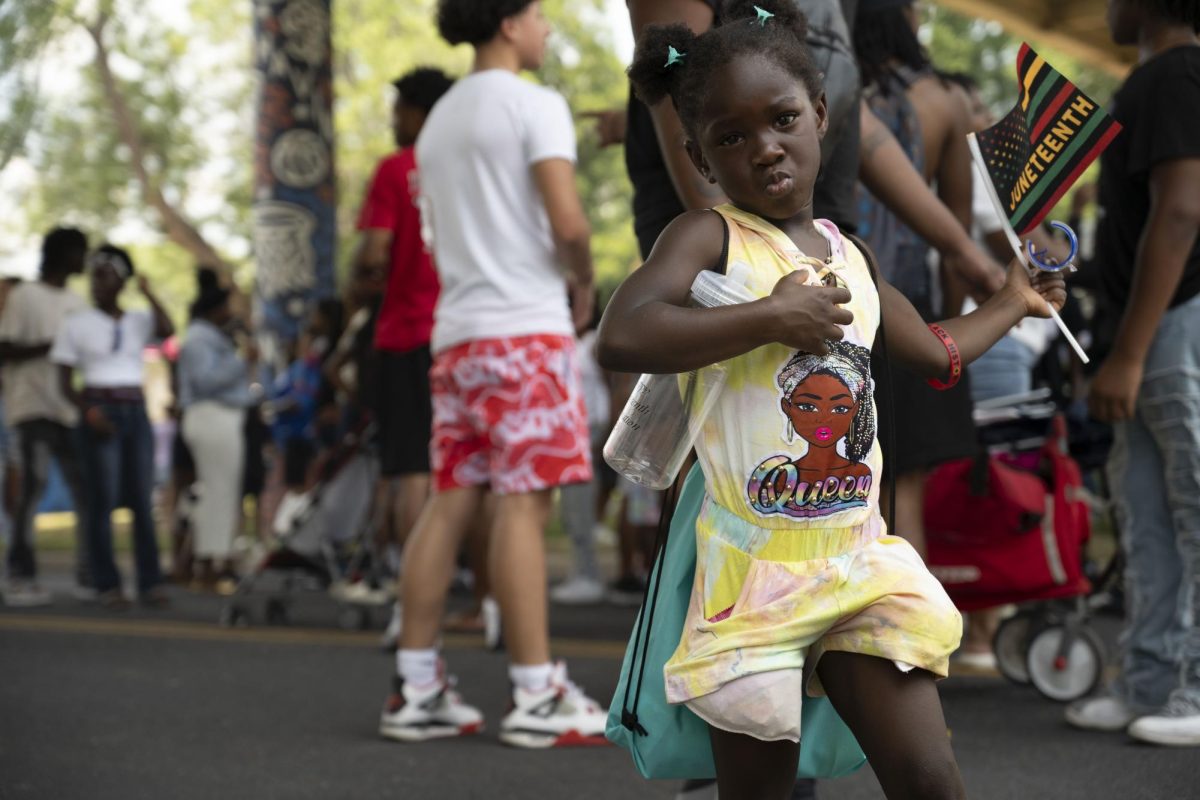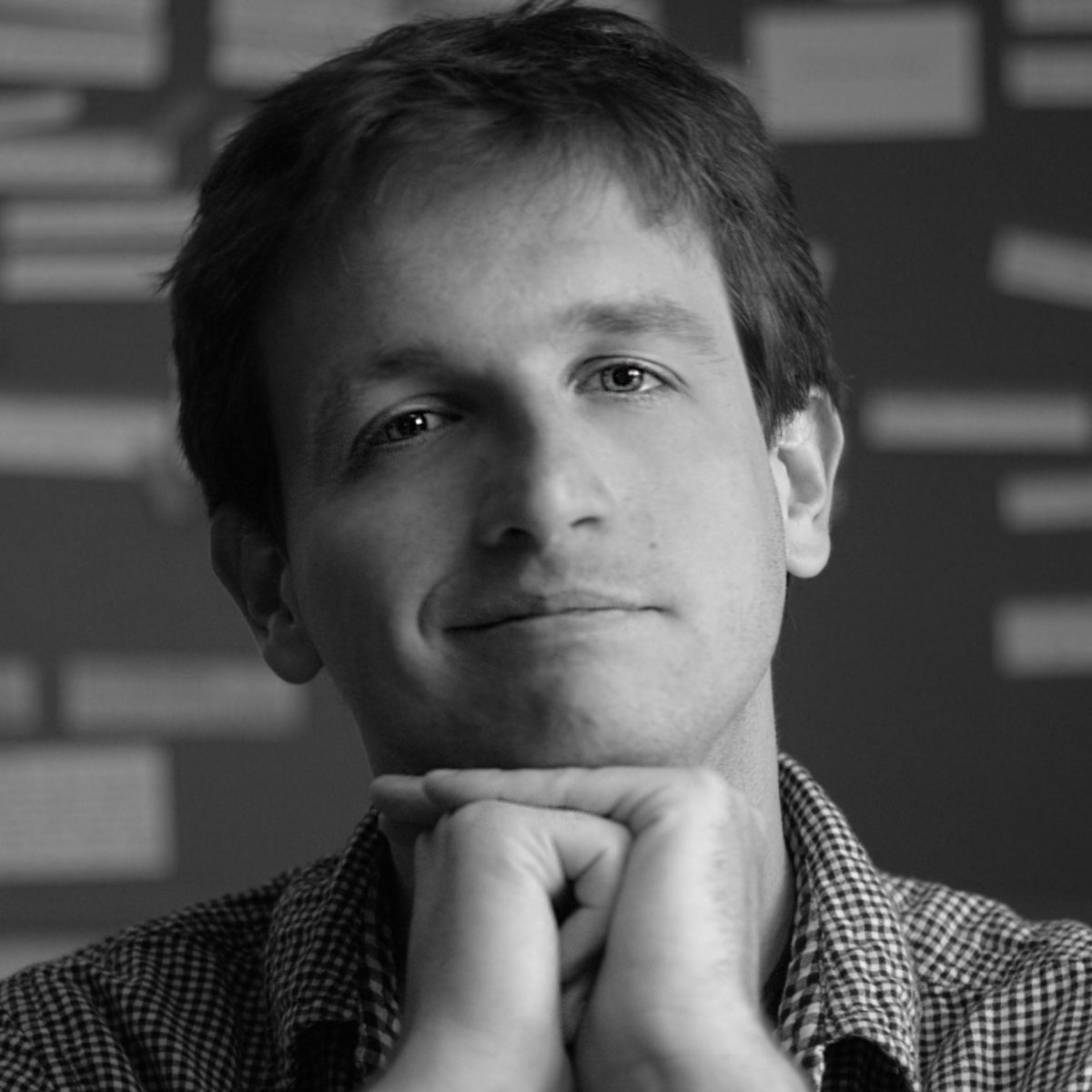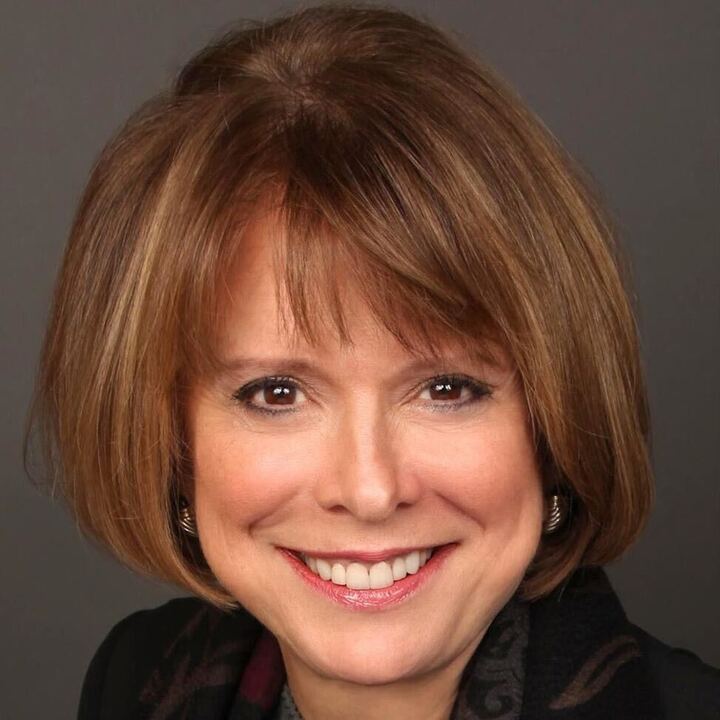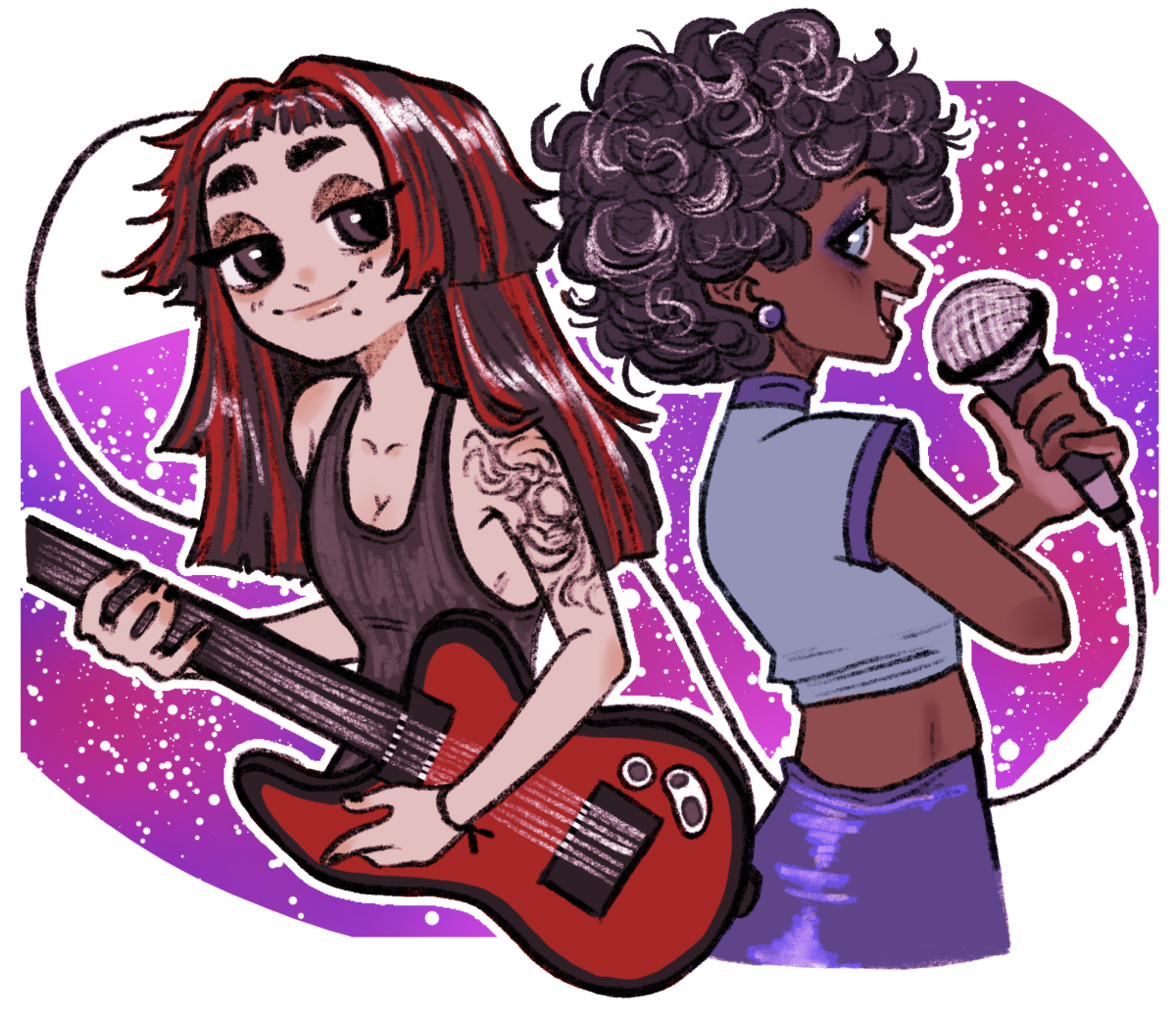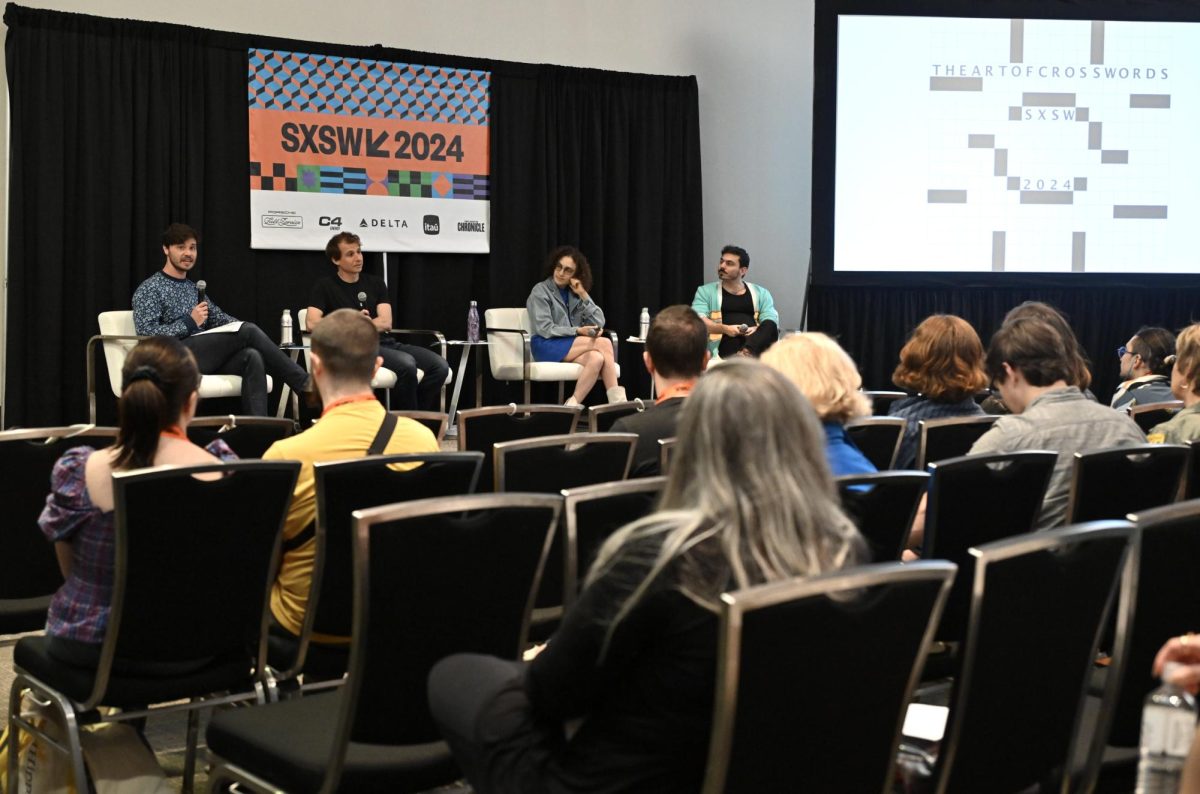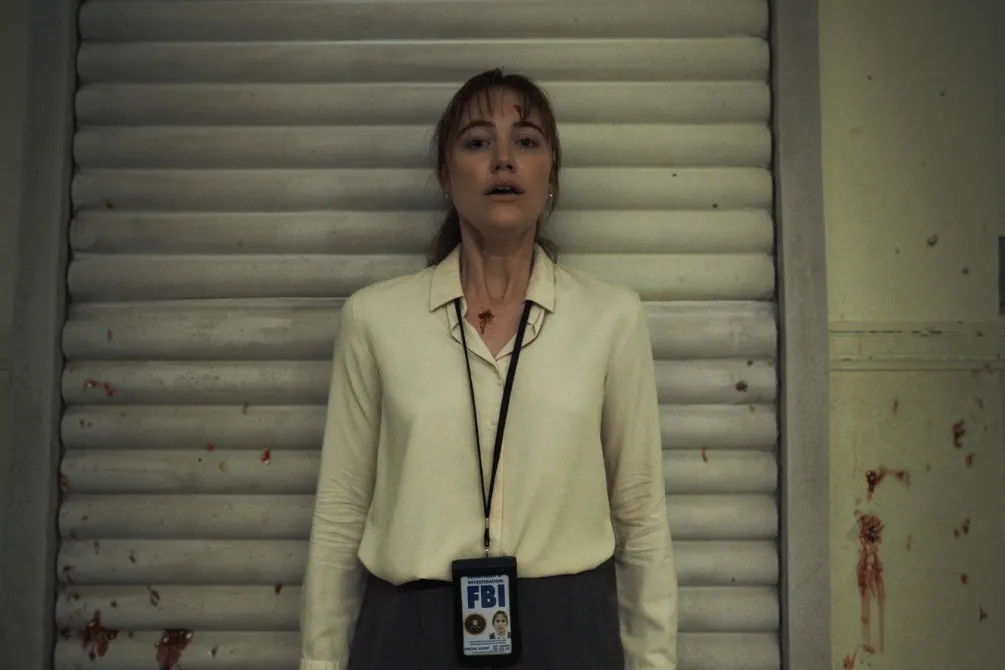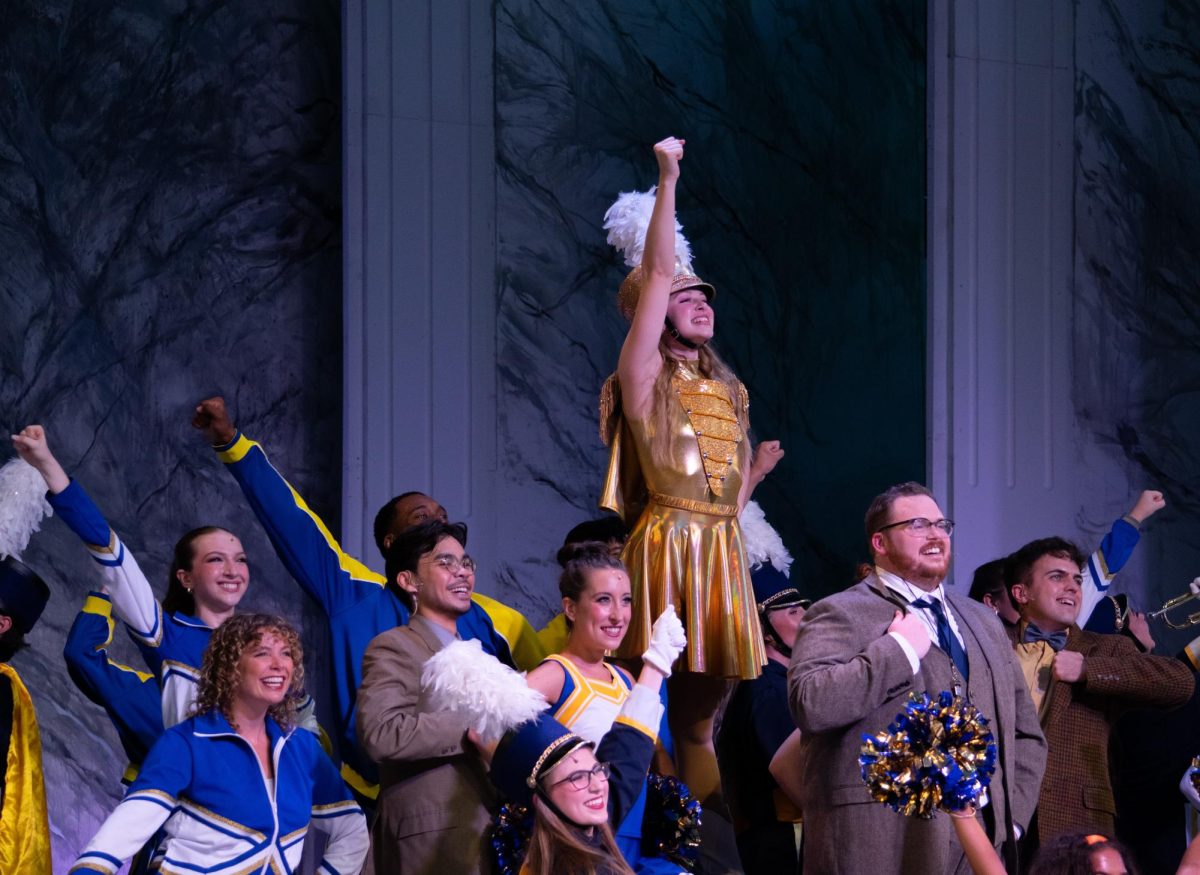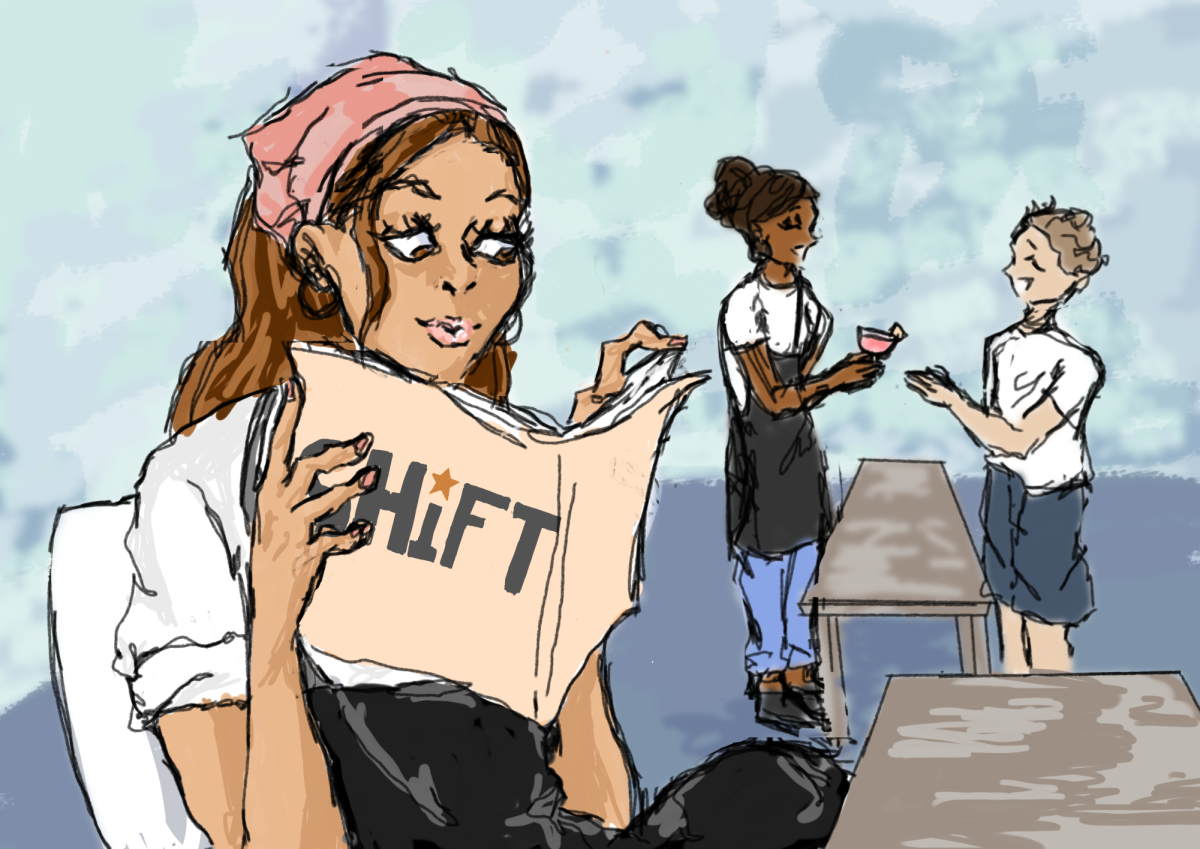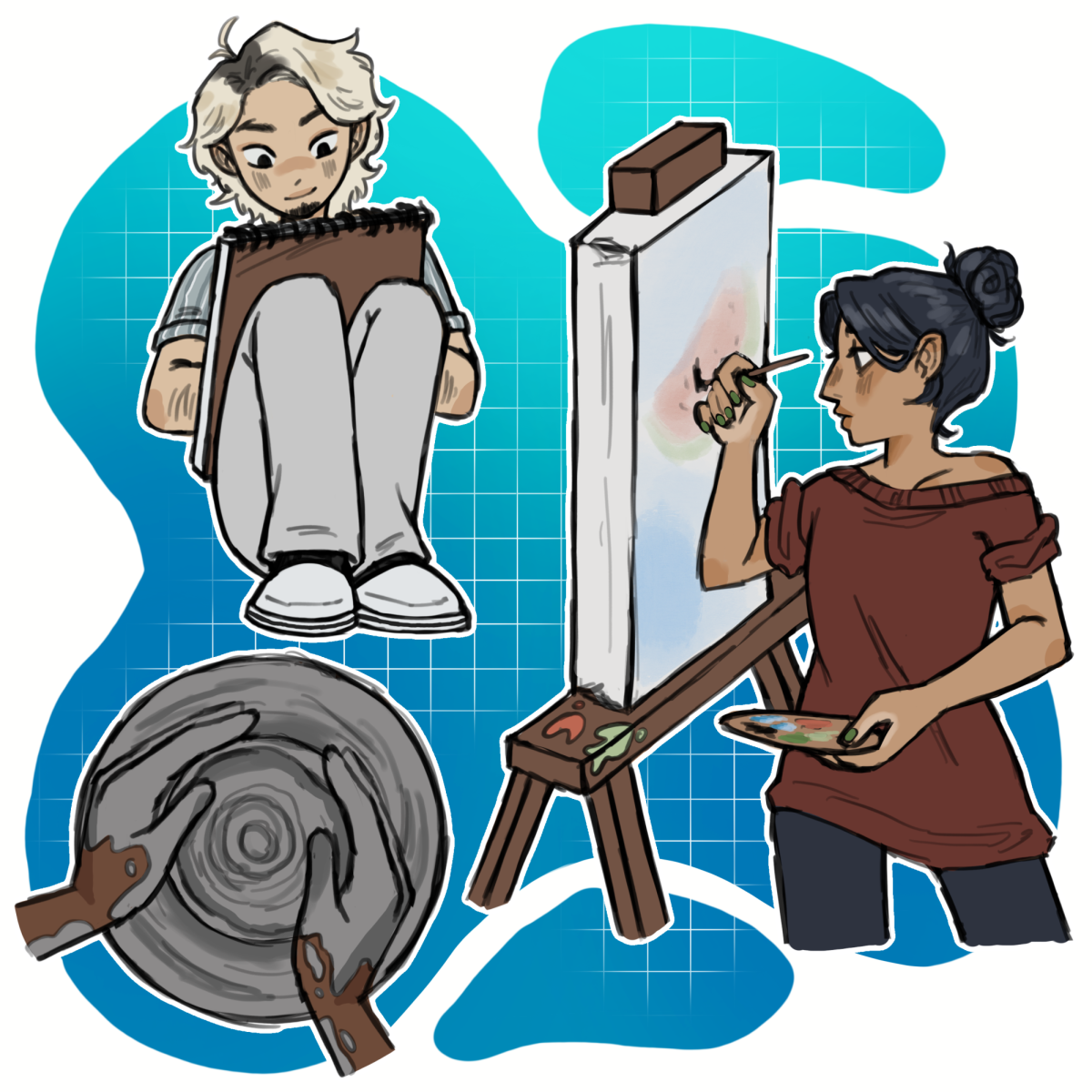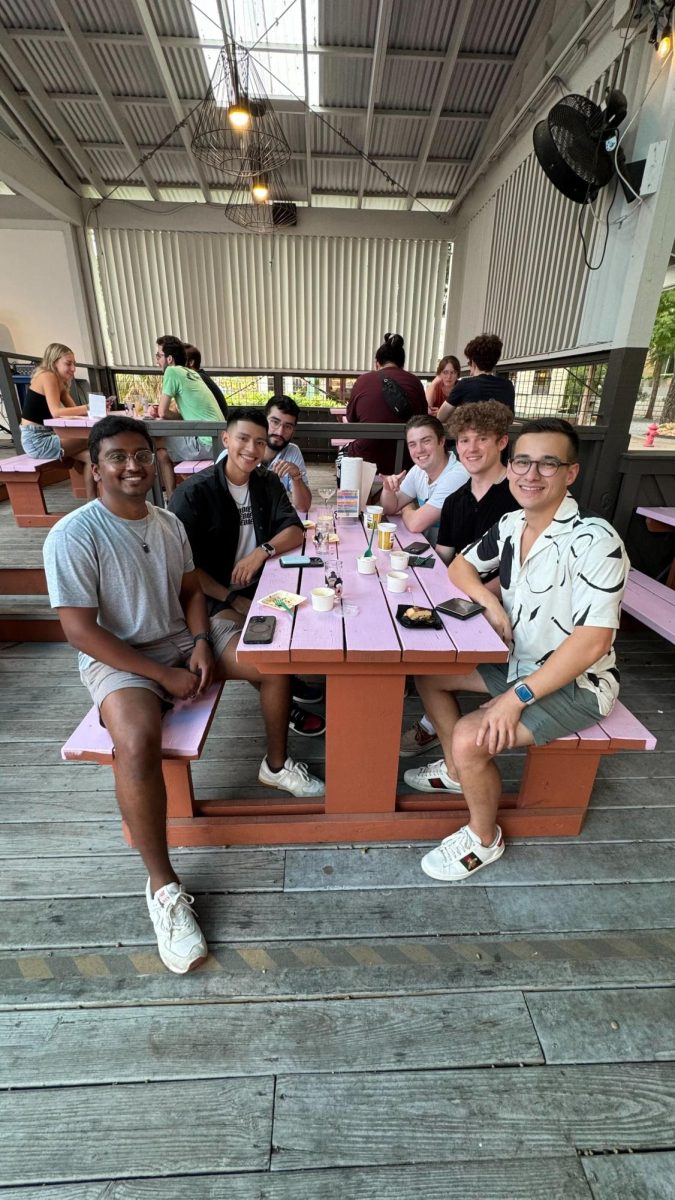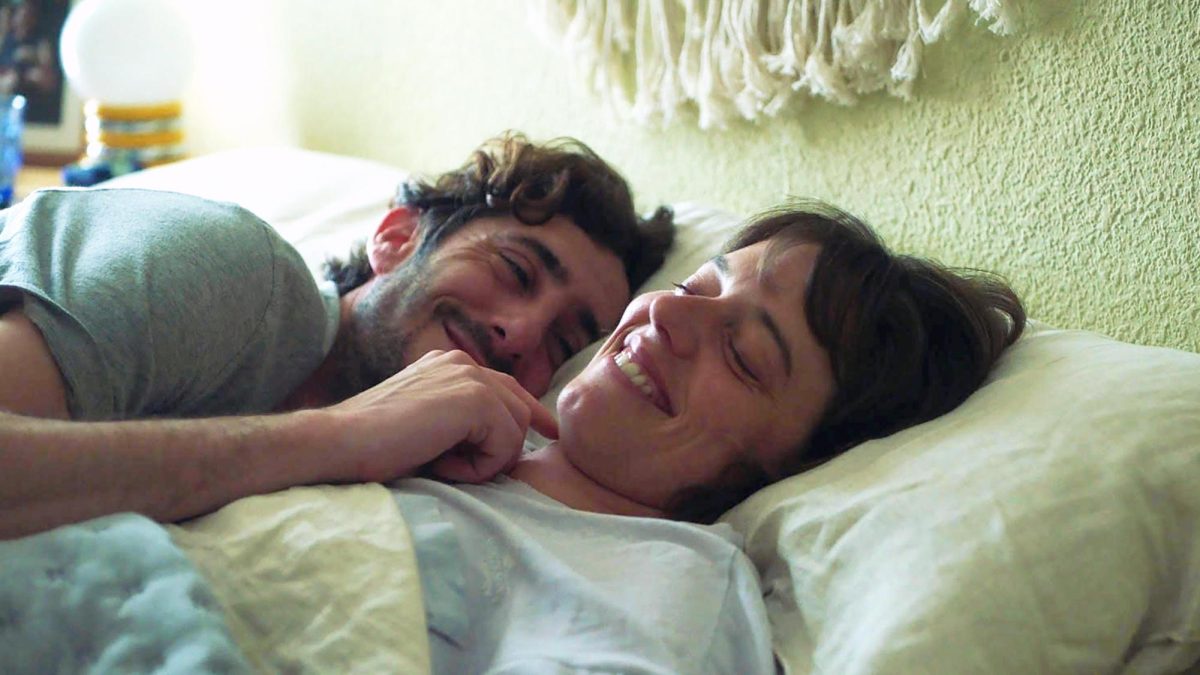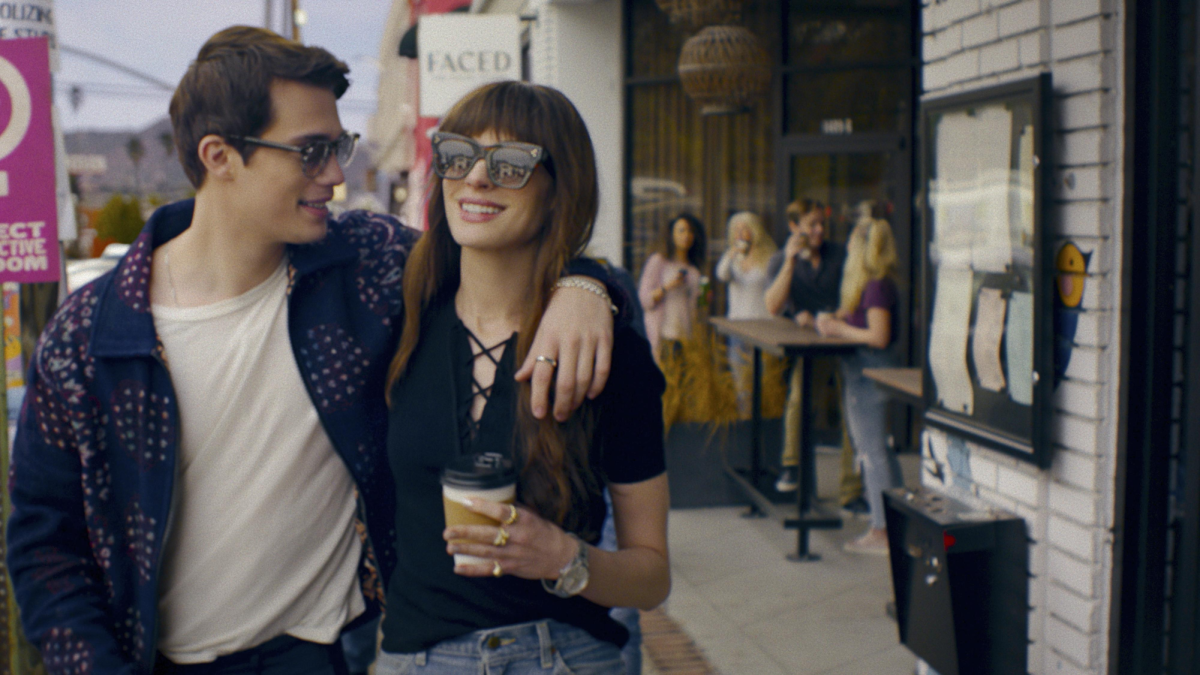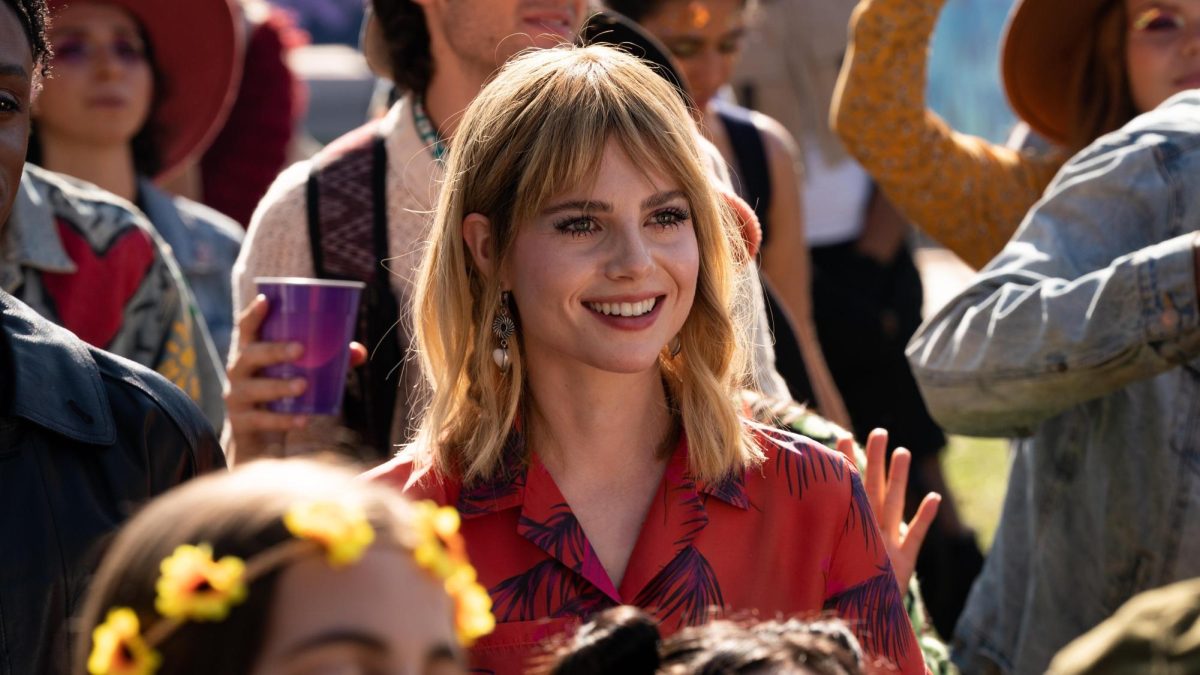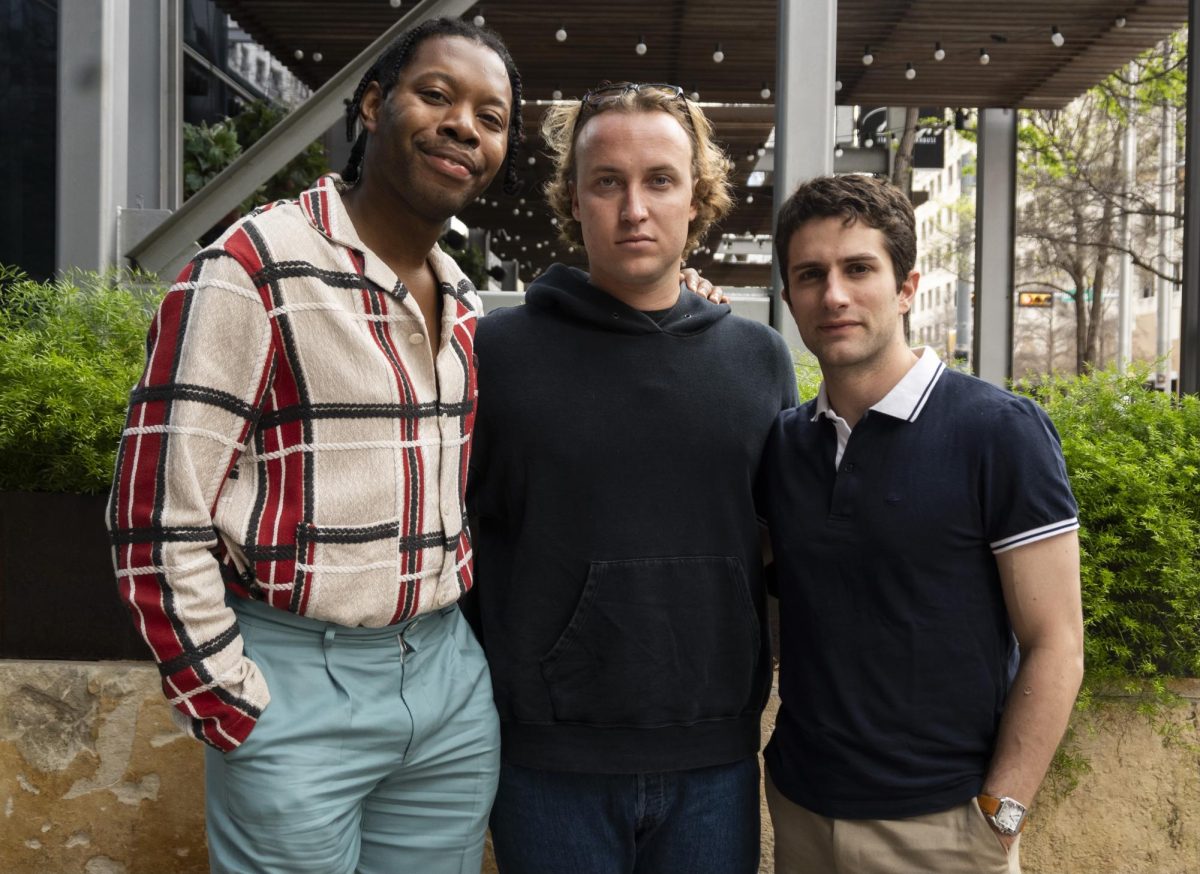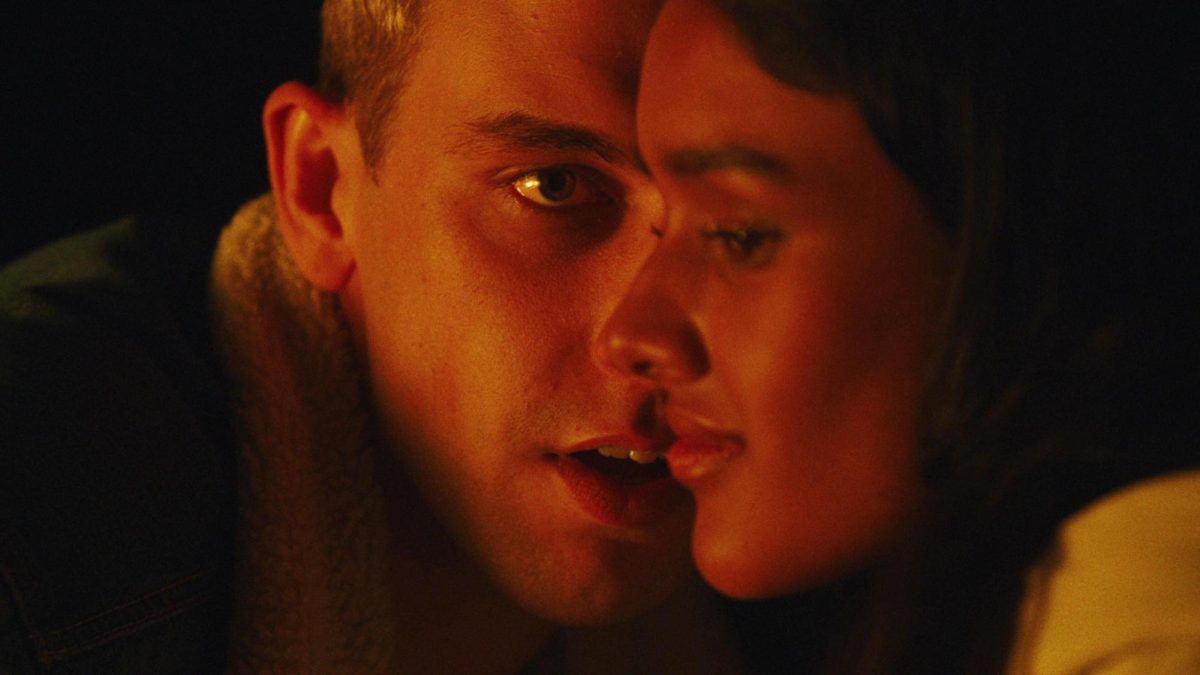In one of the first panels of this year’s South by Southwest Film Festival, showrunners Russell T. Davies, creator of the HBO Max show “It’s a Sin,” and father/daughter duo Daniel and Zelda Barnz, creators of the HBO Max show “Genera+ion,” discussed the evolution of LGBTQ+ representation in television.
Led by Kevin Fallon, a senior entertainment reporter for The Daily Beast, the showrunners talked about how they tackled themes of diversity and sexuality in their respective shows. “It’s a Sin” follows a group of young queer men in London during the AIDS crisis, while “Genera+ion” is a show that tackles the complexities young queer people face today.
Zelda said shows that tackle LGBTQ+ themes are important right now.
“I think we definitely live in a very heteronormative world, and that is frequently reflected in media, generally speaking,” Zelda said. “And I think that it’s so incredibly important right now to be able to tell these stories. And it’s such an honor to be able to do so, and to be able to represent these people who I see in my friends. I see these characters in myself.”
Daniel said he writes queer characters in “Genera+ion” so they have depth beyond their gender and sexual identity.
“We have a trans character that never talks about their ‘trans-ness,’” Daniel said. “They just are (transgender), and it was very refreshing to be able to put a character like that on TV and not feel like their storyline had to be devoted to their experience of being trans, while at the same time honoring the fact that they're trans.”
Davies said creating his show helps viewers understand the context of the AIDS epidemic and how it affected gay people.
“It sounds so impossible to be told that there’s a gay cancer, a gay plague,” Davies said. “I’d never seen that put into a drama.”
Now, with people producing more shows that explore what it means to be a part of the LGBTQ+ community, Zelda said exploring how young people use technology to connect with others is a big part of making shows with queer youth.
“People get so up in arms about things like social media and iPhones,” Zelda said. “I don’t think it’s necessarily negative. It has the ability to connect young queer youth with other queer people and other queer communities, which has been really amazing.”
At the end of the panel, Davies said his main takeaway is how amazing it is to see queer youth so accurately represented today in shows like “Genera+ion.”
“You see some of these Generation Z people in the street, just walking around with their mates, and you can see a fluidity and a relaxedness,” Davies said. “And the way boys and girls touch each other, it’s becoming a different thing — I mean in a completely friendly and safe way. It’s joyous to see, and to get that on television is a real achievement.”



